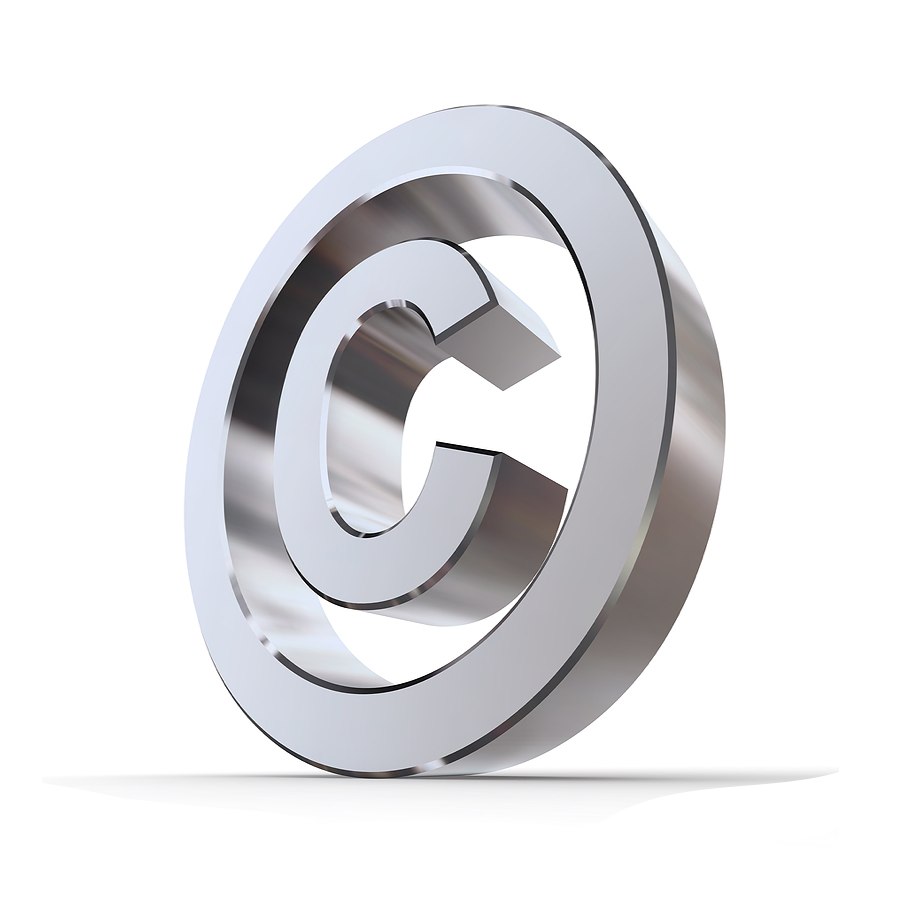Lawyers and non-lawyers alike frequently misunderstand what constitutes “fair use” of copyrighted material. Contrary to popular belief fair use does not mean that you can use copyrighted material in any way that you think is fair. In this article I will explain how to determine whether or not a particular use of copyrighted material actually qualifies as “fair use.”
The fair use exception
The fair use exception is a defense to copyright infringement. This law (17 U.S.C. § 107) states that copyrighted music, books, and other original works of authorship can be used by anyone for the purposes of criticism, comment, news reporting, teaching, scholarship, or research. A four-factor test is applied to the facts of a case to determine whether a particular use of copyrighted material is legal or constitutes copyright infringement.
The four-factor fair use test
The following four factors are balanced on a case-by-case basis. Different courts may come to different conclusions, however, as a general rule the first factor is the most important. This is often referred to as the “transformative” factor because if copyrighted material has been used to create something new it’s more likely to be protected by the fair use defense than another use that doesn’t add value.
- The purpose and character of the use (commercial, nonprofit, educational, etc.)
- The nature of the copyrighted work;
- The amount and substantiality of the portion used in relation to the copyrighted work as a whole; and
- The effect of the use upon the potential market for or value of the copyrighted work.
Common Misconceptions about fair use
Probably the most common misconception is that non-commercial use of copyrighted material is fair use. Courts generally favor non-commercial uses over commercial uses, but this is only one factor to consider in the overall balancing test. Secondly, many people mistakenly believe that acknowledging the source will protect them against a claim of copyright infringement. Again, attribution is only a factor to consider and is not determinative.
If your prospective use of copyrighted material does not clearly qualify for protection under the fair use exception you should consider consulting a copyright attorney. Fair use is a defense to copyright infringement, not a right, so be careful when using someone else’s original work.
Thomas Law Firm PLLC | 175 Varick St | New York, NY 10014

